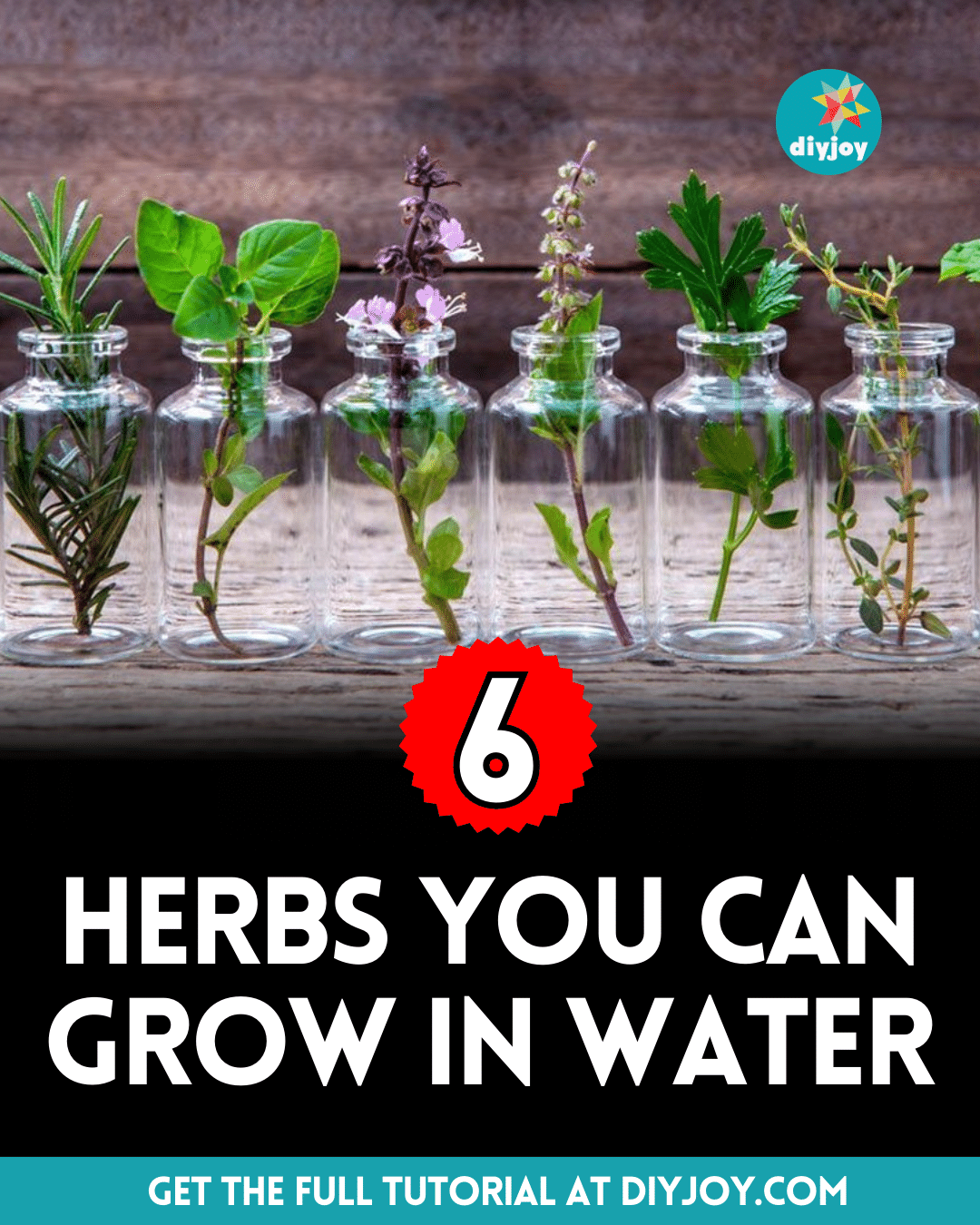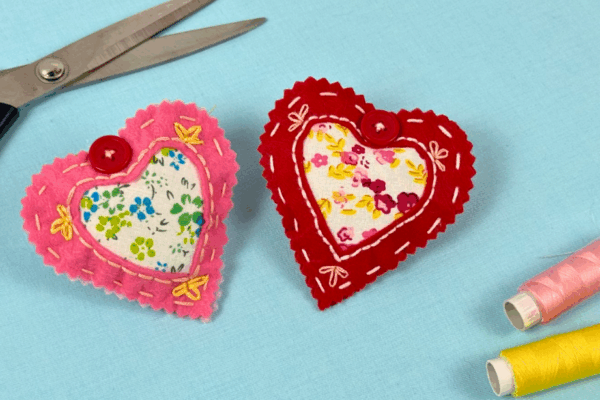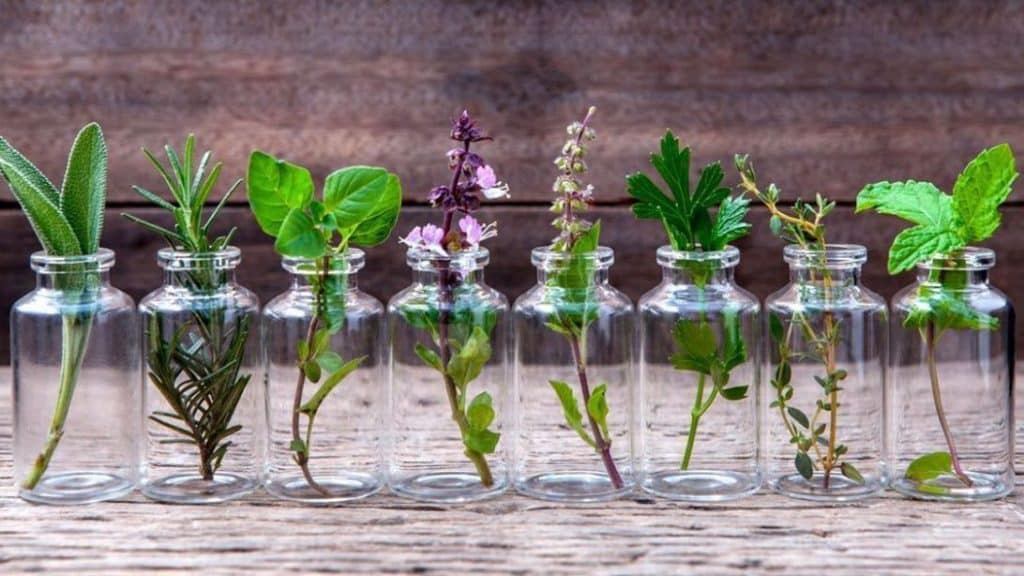
There’s nothing better than growing your food at home and having it available all year long with only less effort! If you’re planning to begin your herb planting journey, then you might want to check out this video tutorial by The Refreshing Point on YouTube which contains helpful tips and information to keep your herbs healthy and thriving.
RELATED: How to Grow Herbs in Water (No Soil Needed)
These herbs and plants can be grown indoors and only in some mason jar or glass jar, and all you have to do is refill and replace the water as needed. You can keep harvesting the leaves and rest assured that they will continue to grow more leaves in the future. Learn how to plant them now by reading the instructions below.
6 Herbs You Can Grow All Year Long:
- Sage
- Peppermint
- Thyme
- Stevia
- Basil
- Lemon Balm
How to Grow Herbs All Year Long:
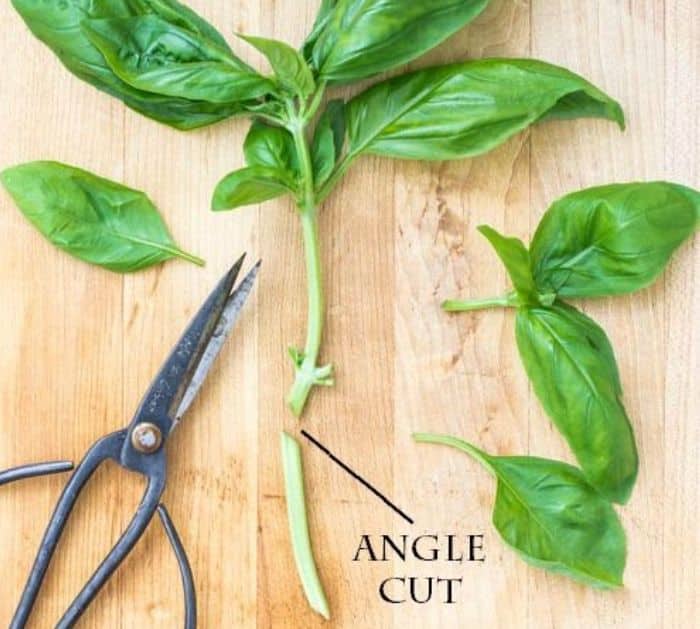
Preparation
Cut the stems of your herb about 6 inches long, then clip the end at an angle, and remove the leaves on the bottom 4 inches of the stem. Fill a mason jar or glass with water (don’t use distilled), then place the herb stem in the jar, and put the jar in a spot where they can get at least 6 hours of sunlight per day. Pluck the leaves from the top of the plant so the bottom and side leaves have a chance to grow.
Sage
This herb doesn’t like to be crowded and likes plenty of air space to prevent mildew, and the leaves should also not touch the water. Sage contains inflammatory properties that are great for treating arthritis, bronchial asthma, and atherosclerosis.
Peppermint
This is one of the quickest and easiest plants to grow in water, this herb is best for relieving an upset stomach and soothes irritable bowel syndrome fast. It can also help relieve stress, nausea, inflammatory conditions, and headaches.
Thyme
Make sure to keep your plant moist by spraying it with some water every once in a while or they will dry out. There is a property called thymol that can be found in thyme that is known to kill cancer cells, lower blood pressure, prevent tooth decay, ease stomach aches, and fight bacteria and fungi.
Stevia
This plant does not like the cold and is best to be kept in a warm area. This is a natural sweetener and is approximately 200 to 300 times as sweet as sugar, this also helps in weight loss and promotes oral health by protecting you against cavities.
Basil
To grow this herb effectively, all you have to do is pinch off the top maturing leaves to stimulate new growth. This herb is a great pain-relieving supplement, can also help moderate sugar levels, and is a potent antibiotic, antiviral, and anti-fungal.
Lemon Balm
For this plant, make sure to change the water once a week to prevent root rot. This herb smells wonderful and helps repel mosquitoes, it also helps reduce anxiety, heal cold stored, and aid digestion.
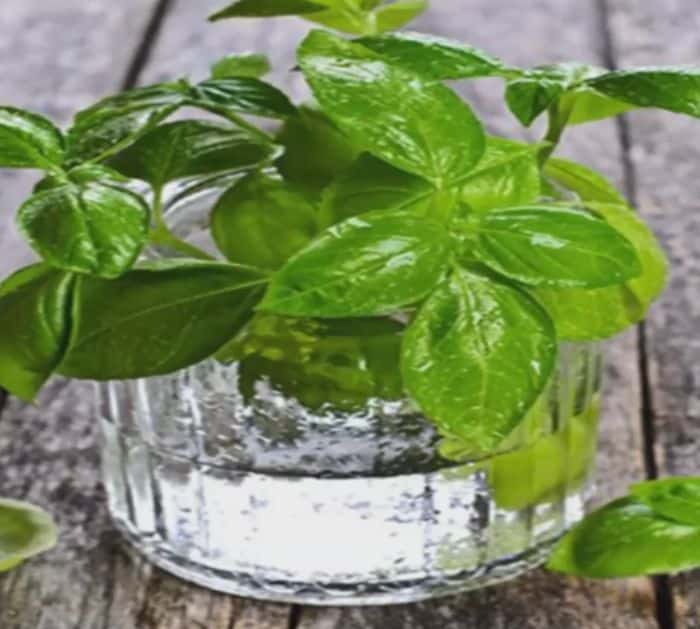
*All image credit belongs to The Refreshing Point via YouTube. Follow and subscribe to their channel for more!
